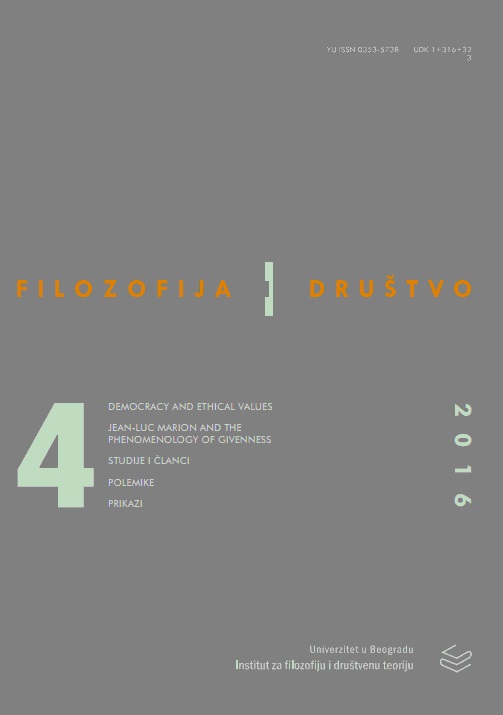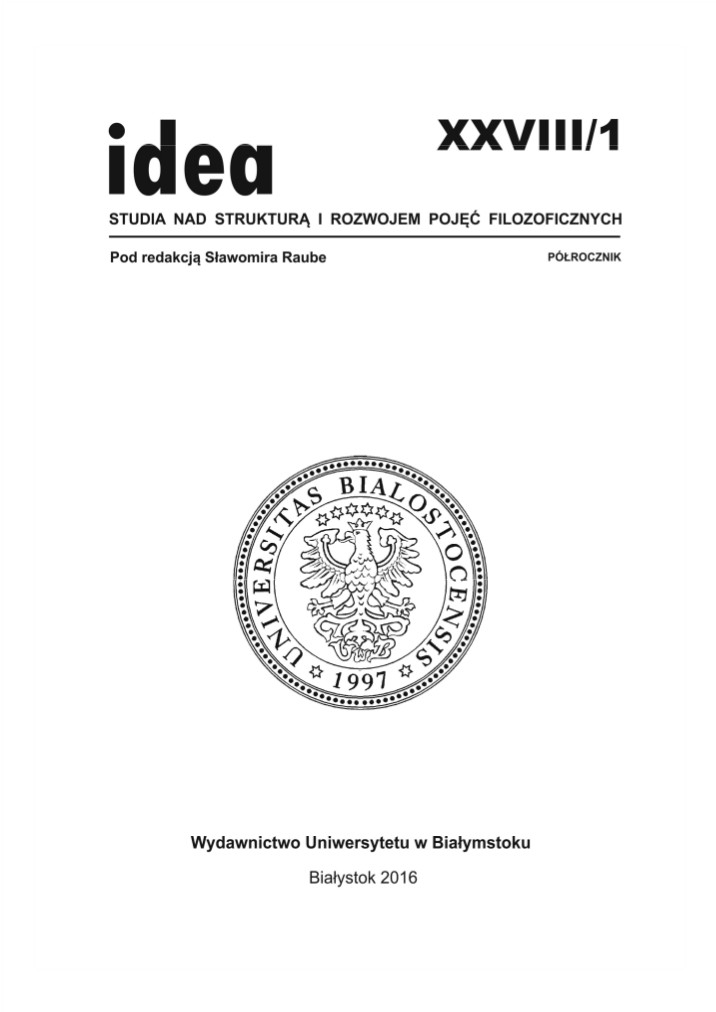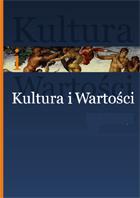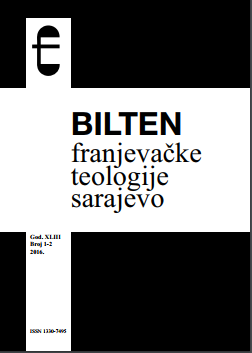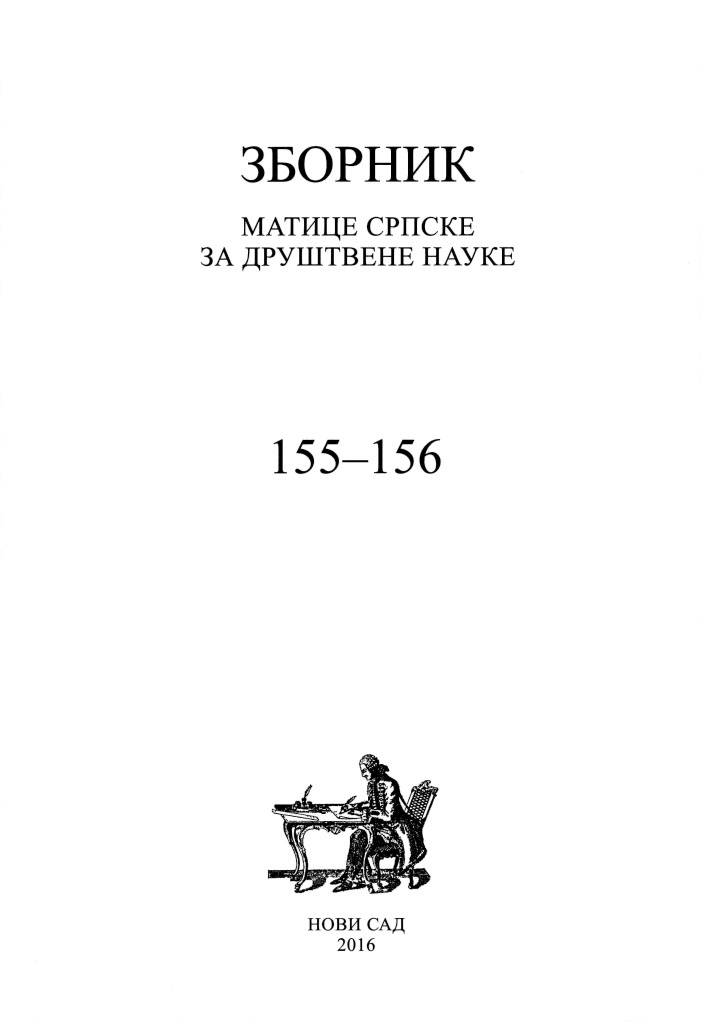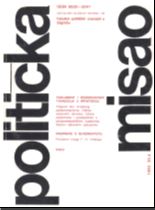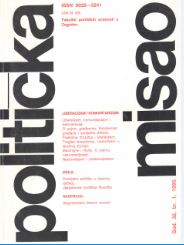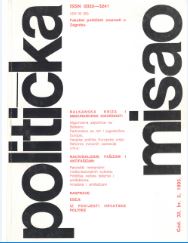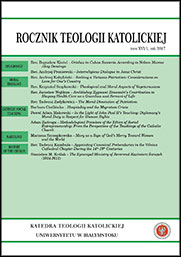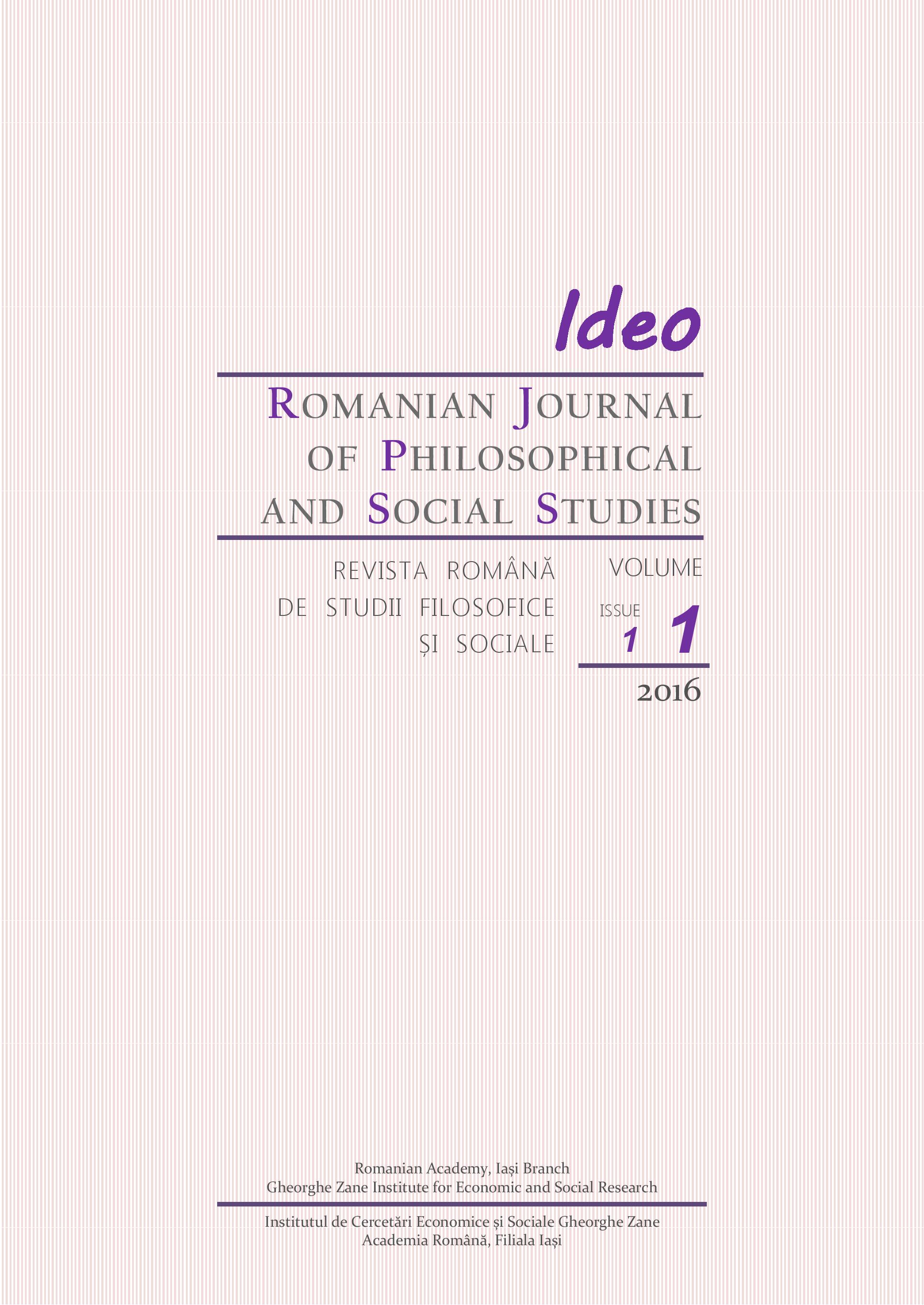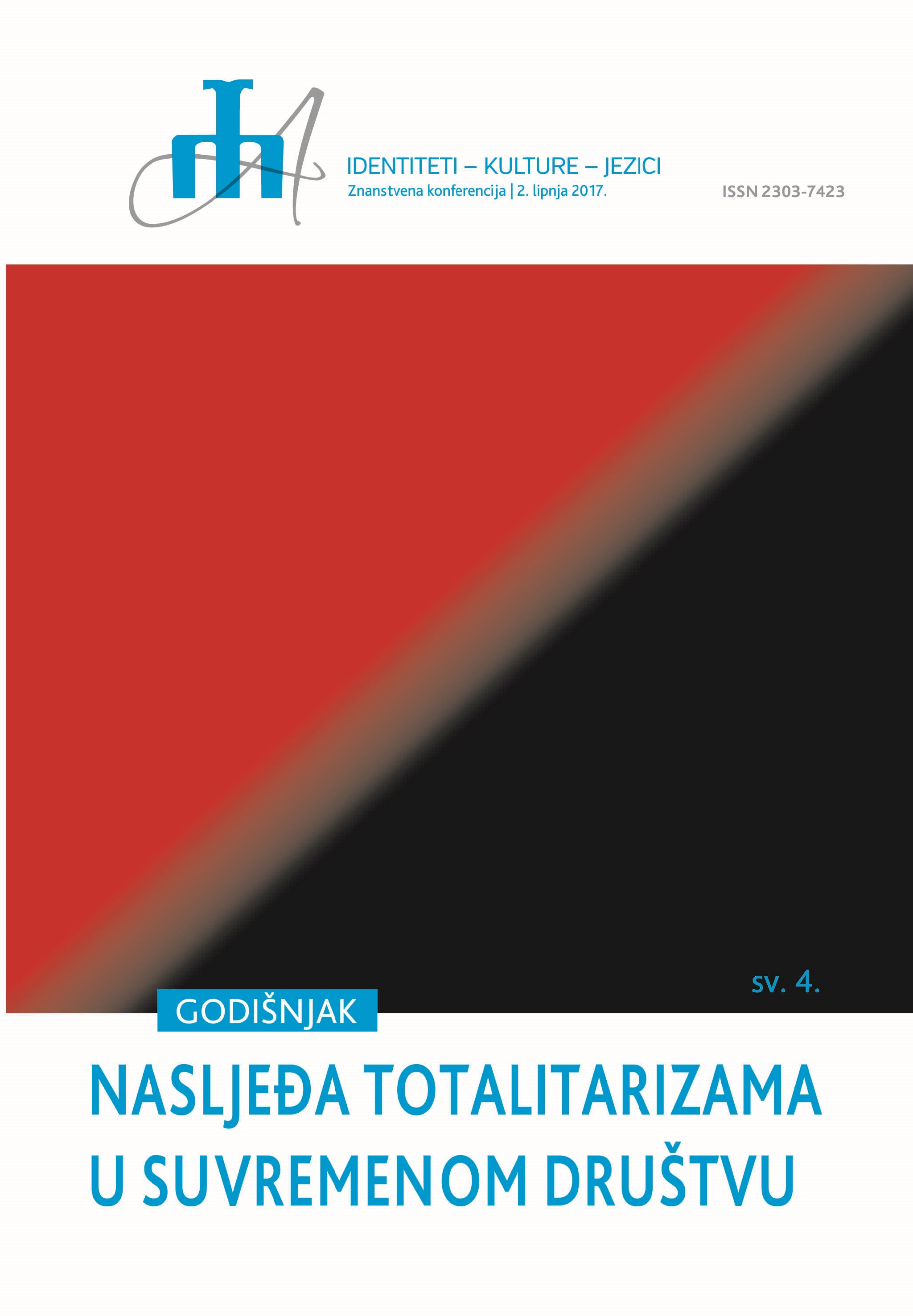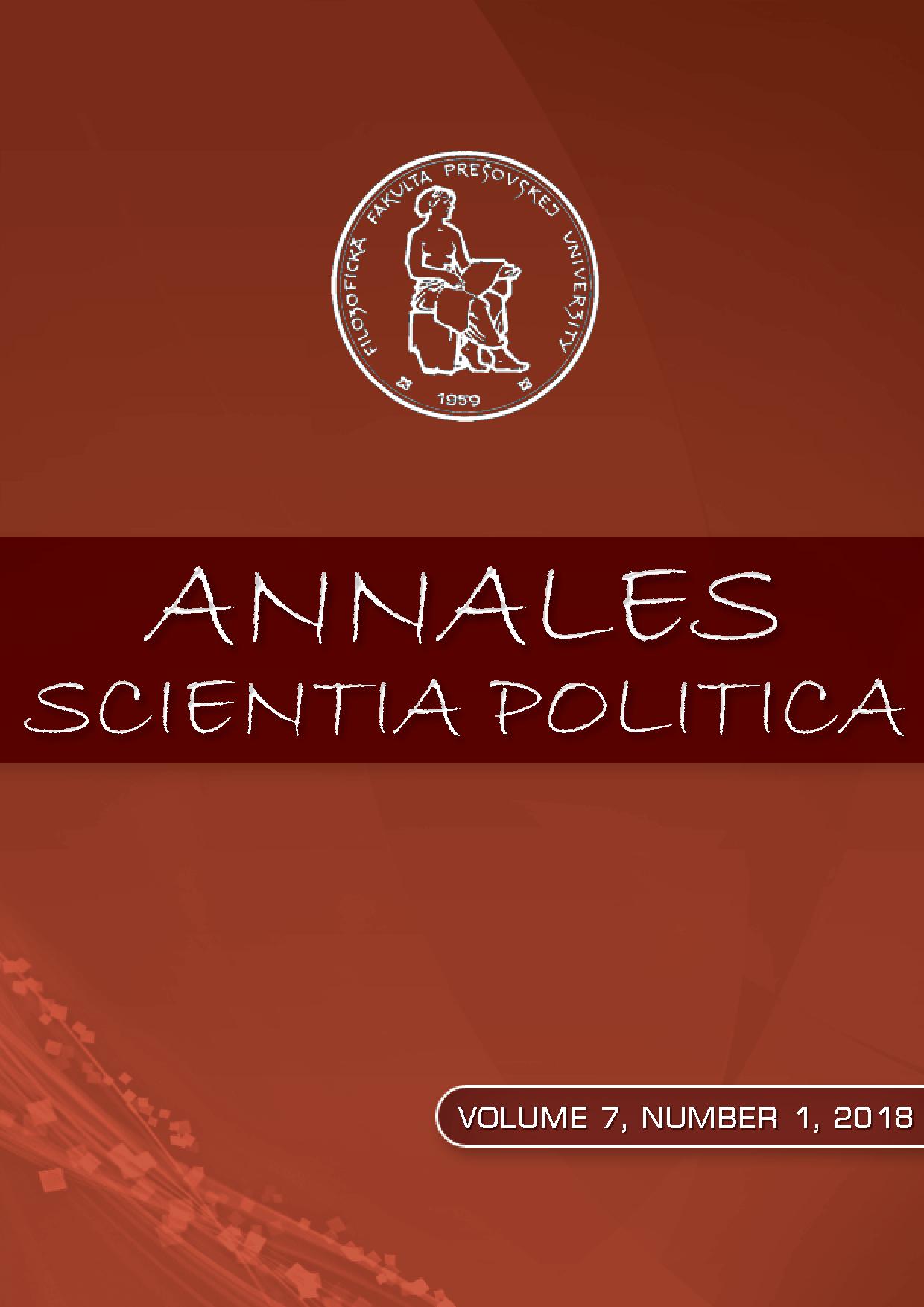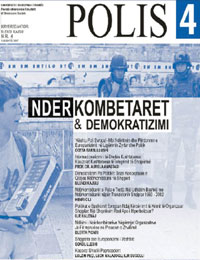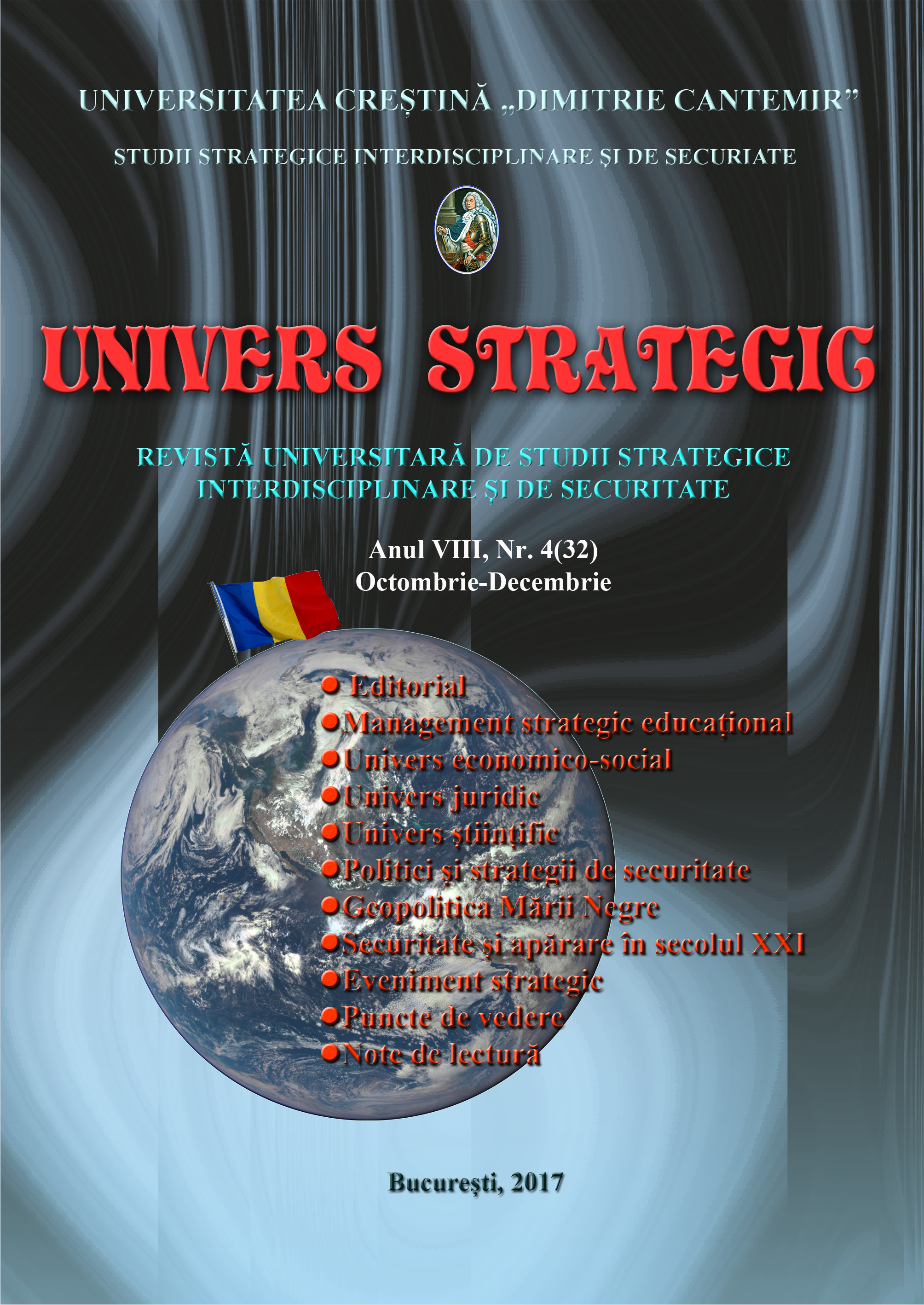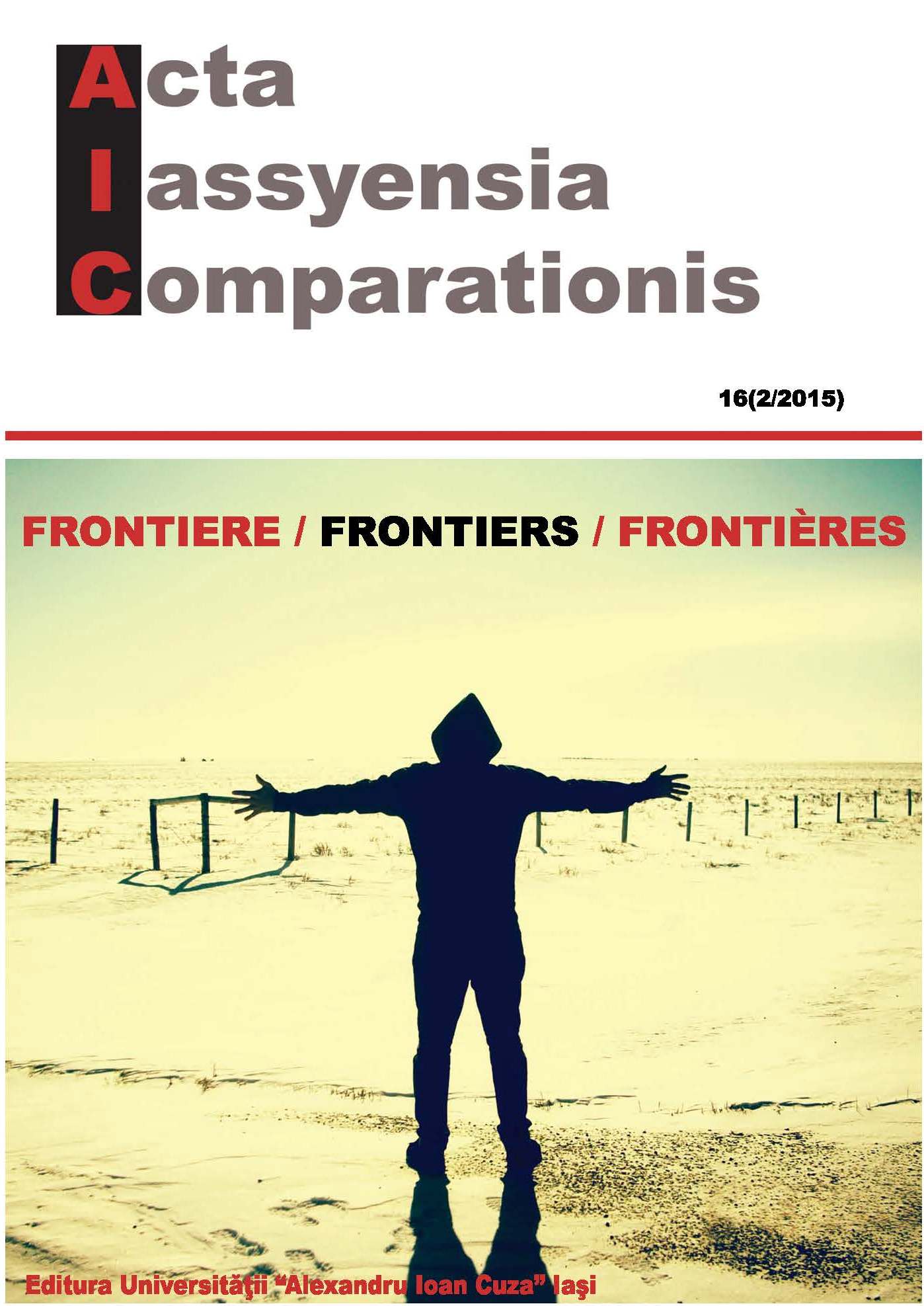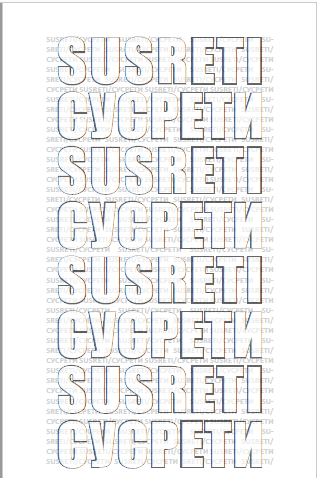Author(s): Ugo Vlaisavljević / Language(s): Croatian
Issue: 1/2018
While searching for the essence of titoist socialism we will find, in renowned theoreticians of totalitarianism, that it is either an exception in the constellation of Soviet satellite states, according to Hannah Arendt, or a polity which needs to be exempted from reflection, as is the case in the analyses of Stalinism in Claude Lefort. Arendt dedicated only a short footnote to Titoism in her capital work, explaining it as a one-party military dictatorship such as Mussolini’s fascism. In Lefort, despite his silence, an important insight can be gained into the special role of the communist party which works as a device of homogenisation of society and state both from the outside and inside the polity. Only in Foucault do we have a position which includes all real-socialist systems, but just as a short remark which announces a future task: a fundamental, but not yet examined function of this polity type should at last be seen in concentration camps. We have undertaken such a task, trying to forebode a certain fundamental function of Goli otok for the entire Yugoslavian system in a time when it was, obviously temporarily, associated with cruel punishment of political adversaries. It has been shown that the camp opening is undistinguishably connected, as a parallel process, but also as a hidden flip side, of Tito’s apparition as an absolute sovereign, in a state of emergency prior to the Soviet invasion. We find this sovereign, in a time when he brings forth his decision of his undivided sovereignty, beyond the Law, the same as we find the prisoners of the concentration camp in the Adriatic archipelago. If we look from the position of convict islands, as a non-place of non-humans or beasts excluded from the system, we will clearly notice Tito’s displacement from the state authority. In this context, we will replenish the famous Lefort’s concept of an “empty space” of power relying on Schmitt, Agamben and Derrida, with a concept of another or displaced place of power.
More...
